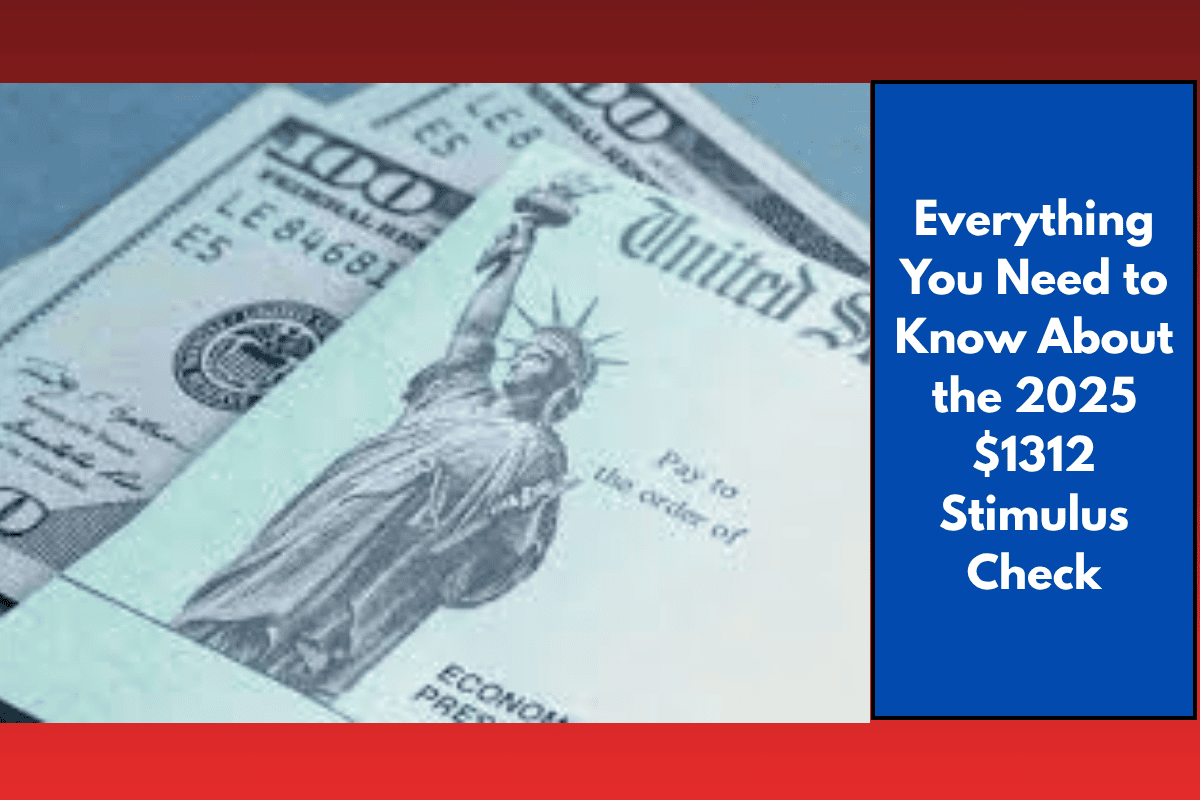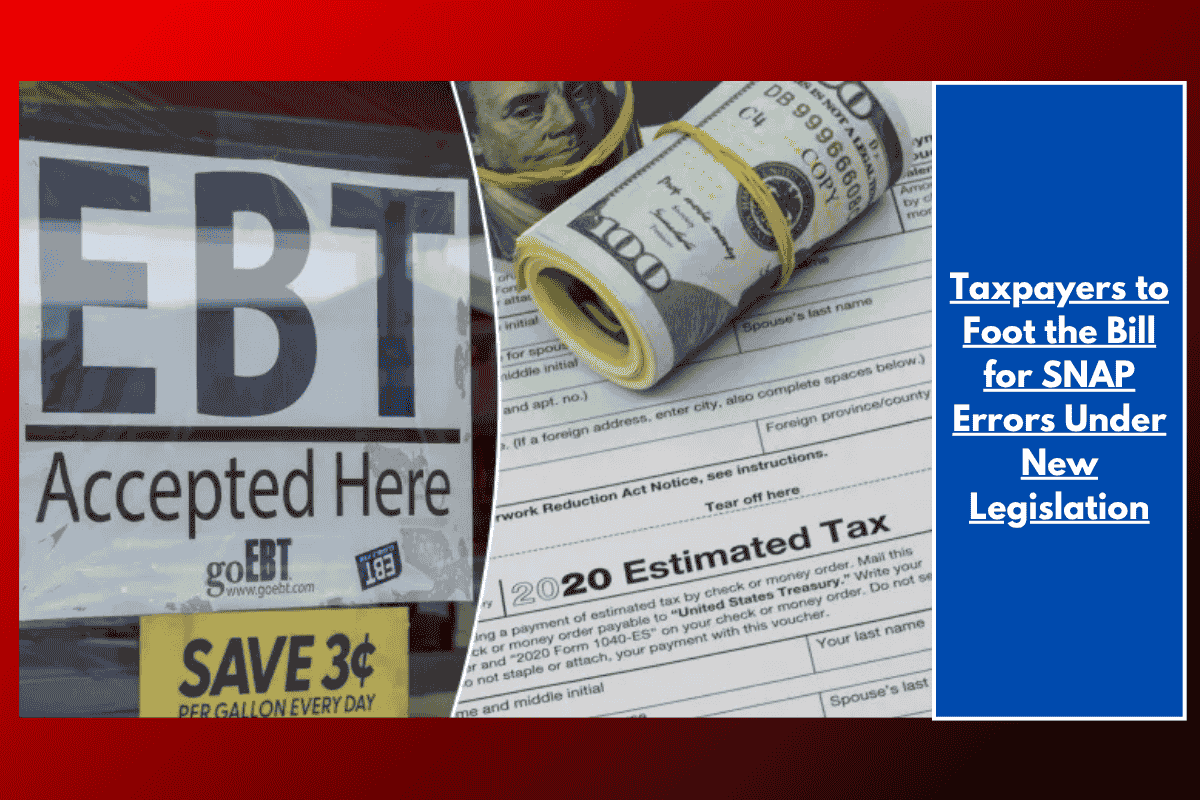Pennsylvania may soon become the 13th U.S. state to implement a statewide ban on single-use plastic bags in grocery stores, retailers, and businesses. The move is part of an effort to reduce plastic waste and encourage more environmentally-friendly practices. If passed, shoppers could face fees for paper bags and be encouraged to bring their own reusable bags to avoid additional charges.
What Does the Proposed Ban Entail?
The proposed bill, introduced by Senator Judith Schwank (D), aims to prohibit retailers from providing single-use plastic bags at checkout. Instead, consumers would be offered recyclable paper bags for a small fee. However, exceptions to the fee would apply for certain items, such as produce, frozen foods, and prescriptions.
The bill also includes an educational component, designed to teach consumers about the environmental impact of plastic bags, which would be managed by the Department of Community and Economic Development.
Background on Plastic Bag Bans in the U.S.
If Pennsylvania passes this bill, it will join a growing list of states that have already banned or restricted single-use plastic bags. As of now, 12 states—including California, Colorado, Connecticut, Delaware, Hawaii, Maine, New Jersey, New York, Oregon, Rhode Island, Vermont, and Washington—have implemented similar bans.
California became the first state to do so in 2016, setting a precedent for other states looking to curb plastic waste. Locally, around 40 counties and municipalities in Pennsylvania, primarily near Philadelphia, have already implemented their own plastic bag bans. These local bans have resulted in an estimated 950 million plastic bags being eliminated since 2018, with Philadelphia accounting for about 200 million.
What Will the New Law Mean for Shoppers?
Under the new law, retailers would no longer be able to offer single-use plastic bags at the point of sale. Instead, shoppers would need to bring their own reusable bags or pay a small fee for recyclable paper bags. The exact cost of the paper bags has yet to be determined, but it’s expected to be a minimal charge—around 12 cents, similar to efforts seen at other major retailers.
Why Is This Bill Being Proposed?
The proposal stems from the growing environmental concerns about plastic waste. By eliminating single-use plastic bags, Pennsylvania hopes to reduce the environmental impact caused by plastic pollution, particularly in landfills and waterways. Schwank’s legislation is also aimed at furthering the efforts made by local governments, particularly in the Philadelphia area, where plastic bag reductions have already been significant.
Additionally, the bill encourages consumers to shift to more sustainable practices, such as using reusable bags, which would help reduce the overall amount of plastic waste generated by retail stores.
Retailers Leading the Way
Some retailers are already ahead of the curve. For example, Aldi, one of the nation’s largest grocery chains, became the first major U.S. retailer to eliminate plastic bags at its stores in January 2024. Aldi had pledged to phase out plastic bags by 2022, and they are also transitioning to natural refrigerants at their locations, with a goal to complete the switch by 2035.
Aldi has implemented a small fee—around 12 cents per paper bag—to encourage shoppers to bring their own bags. Jason Hart, CEO of Aldi US, emphasized that these changes help reduce environmental impact while also lowering store costs, which are then passed on to customers.
Opposition and Future Outlook
While many environmental groups support the bill, there is some opposition from those who believe the ban could negatively affect consumers and businesses. Some argue that the fees for paper bags may be a burden, especially for low-income families. However, Senator Schwank and other proponents believe the bill is a necessary step toward improving Pennsylvania’s environmental footprint and creating a more sustainable future.
The bill has yet to pass, and it remains uncertain when the law will come into full effect. However, if approved, it is expected to have a significant impact on how Pennsylvanians shop and dispose of waste in the coming years.
If passed, the plastic bag ban in Pennsylvania would make a significant shift toward more eco-friendly practices in the state. Shoppers will need to adjust by either bringing their own reusable bags or paying small fees for recyclable paper bags. This law would not only help reduce plastic waste but also reflect a larger movement across the United States to address environmental concerns. It remains to be seen when the bill will pass, but the growing trend of plastic bag bans shows that more states are committed to making a cleaner, more sustainable future for all.














